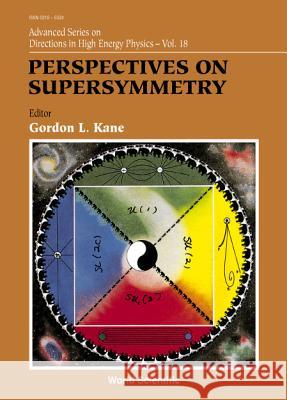Perspectives on Supersymmetry » książka
Perspectives on Supersymmetry
ISBN-13: 9789810235536 / Angielski / Twarda / 1998 / 504 str.
Supersymmetry is at an exciting stage of development. It extends the Standard Model of particle physics into a more powerful theory that both explains more and allows more questions to be addressed. Most important, it opens a window for studying and testing fundamental theories at the Planck scale. Experimentally we axe finally entering the intensity and energy regions where superpartners are likely to be detected, and then studied. There has been progress in understanding the remarkable physics implications of supersymmetry, including the derivation of the Higgs mechanism, the unification of the Standard Model forces, cosmological connections such as a candidate for the cold dark matter of the universe and the scalar fields that drive inflation and their potential, the relationship to Planck scale theories, and more.
While there are a number of reviews and books where the mathematical structure and uses of supersymmetry can be learned, there are few where the particle physics is the main focus. This book fills that gap. It begins with an excellent pedagogical introduction to the physics and methods and formalism of supersymmetry, by S Martin, which is accessible to anyone with a basic knowledge of the Standard Model of particle physics. Next is an overview of open questions by K Dienes and C Kolda, followed by chapters on topics ranging from how to detect superpartners to connections with Planck scale theories, by leading experts.
This invaluable book will allow any interested physicist to understand the coming experimental and theoretical progress in supersymmetry, and will also help students and workers to quickly learn new aspects of supersymmetry they want to pursue.











